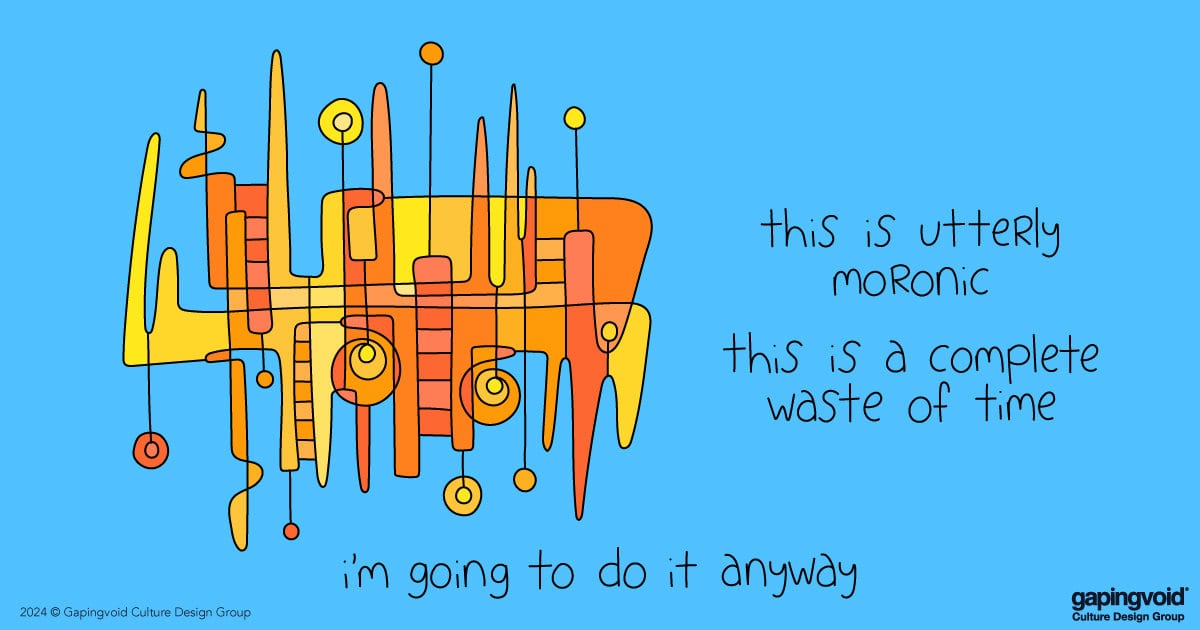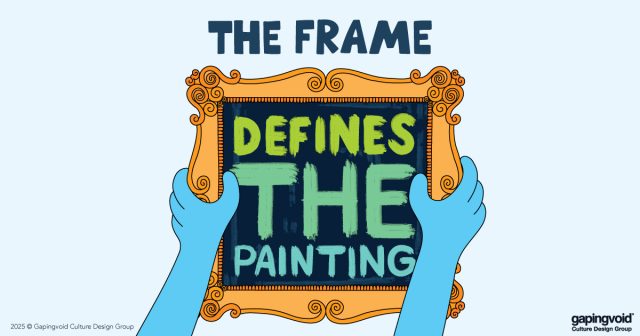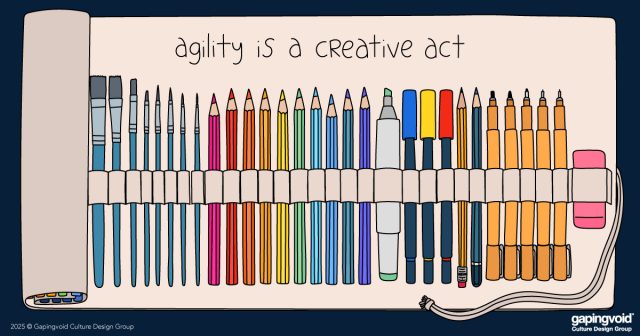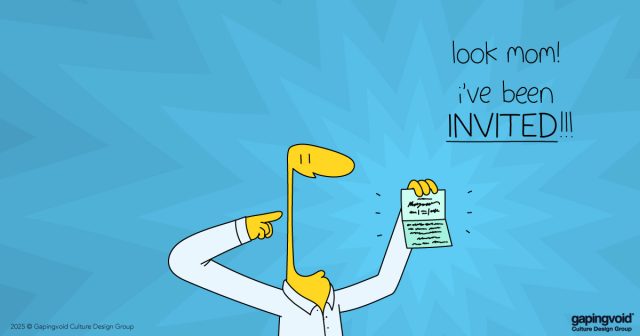
In the 1914 short story, “Araby”, James Joyce wrote about a wee boy in 1890s Dublin, who has a huge crush on a young girl his age. One day, the girl (who barely knows he’s alive) casually tells him that she’s going to the famous Araby Bazaar on the weekend. So the boy makes big, romantic plans to go and hopefully bump into her there.
To make a long story short, nothing goes to plan. His father delays him somehow, he misses his train, he doesn’t make it to Araby until pretty much closing time, with the object of his affection being long gone (if she was ever there at all). After building it up in his head all week, he is now bitterly, bitterly disappointed.
As the Bazaar employees begin to turn off the lights in the vast exhibition hall, the boy looks up to the ceiling, and Joyce ends the story with this great line:
“Gazing up into the darkness, I saw myself as a creature driven and derided by vanity, and my eyes burned with anguish and anger.”
Poignant, indeed. We’ve all been there, of course.
The trouble is, it seems like many of us have been there A LOT lately.
There’s a rather sad article over on the Hustle about people mourning the often sudden and random loss of the virtual worlds they have created for themselves online.
For example, Kim Kardashian launched this virtual ersatz-glamor, Hollywood-themed game in 2014 where people have spent a lot of time and money (it raked in $74.3m in its first six months) building up community, social clout, and virtual relationships, only to be told that it’s closing down in April this year, disappearing along with everyone’s virtual-pretend Hollywood careers. People are devastated.
Other “digital disappearances” are happening as well. Streaming shows are being pulled suddenly, but unlike the old days, there’s no DVD box-set to replace it.
Yes, we all know these digital “worlds” are not real life, and we, like the boy in the story, well understand that it’s a form of vanity to think otherwise. But it can still hurt.
As vain as it might have been, all the Araby boy wanted was the same thing we all want- human connection (in his case, in the form of a wee girlfriend). The poor people left bereft from Kim Kardashian’s virtual game are no different.
Were the Kardashian gamers wrong to risk so much emotionally on an online game? Maybe a little bit. But all relationships, all connections (online or off), carry risk.
Like the artist Renda Writer so beautifully captured, “Love is a risk, do it anyway.”



